Britain faces stagflation threat: what the grim prognosis means
A perfect storm of rising prices and stagnant growth puts pressure on Chancellor before next week's Budget
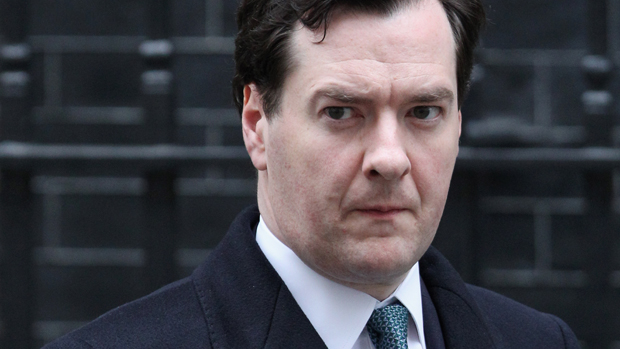
A free daily email with the biggest news stories of the day – and the best features from TheWeek.com
You are now subscribed
Your newsletter sign-up was successful
THE ailing British economy is heading for a triple-dip recession and faces an ominous new threat in the form of "stagflation", the Financial Times says. Here's what this grim prognosis means:
Why is a triple-dip recession likely? The British economy has continued to flatline in the first two months of 2013, according to the National Institute of Economic and Social Research. Economists were hoping an increase in manufacturing production would help avert a third period of economic contraction, but they were disappointed. Output fell 1.5 per cent between December and January, a performance described as "awful" by analysts HIS Global Insight. A triple-dip recession – a period in which the economy falls into recession three times without returning to a period of robust growth in between – now seems firmly on the cards.
So, what’s stagflation? Under normal circumstances, inflation falls in a recession because wages are squeezed and there's less demand for goods and services. Stagflation is different. It's "a toxic cocktail of stagnating growth and rising prices that leaves policy-makers unable to tackle one problem without making the other worse," says the Daily Telegraph. "Households suffer, as the weak labour market means wages do not keep pace with wider price rises in the economy." The term is generally attributed to the Tory minister Iain McLeod, who coined the phrase in a speech to Parliament in 1965. "We now have the worst of both worlds – not just inflation on the one side or stagnation on the other, but both of them together," he told the Commons. "We have a sort of 'stagflation' situation."
The Week
Escape your echo chamber. Get the facts behind the news, plus analysis from multiple perspectives.

Sign up for The Week's Free Newsletters
From our morning news briefing to a weekly Good News Newsletter, get the best of The Week delivered directly to your inbox.
From our morning news briefing to a weekly Good News Newsletter, get the best of The Week delivered directly to your inbox.
So, it's happened before? Absolutely. After the mid-60s, it happened again when the 1973 OPEC oil embargo triggered the worst period of stagflation in both the UK and the US. The soaring price of fuel choked economic output and simultaneously pushed up the cost of goods and services, causing high wage demands and triggering spiralling inflation. As a result, people often use the phrase "1970s-style stagflation".
How do we know inflation is going to rise this time? The strongest indicator that prices are going to rise sharply has come from investors, the FT says. They have "priced in" an inflation rise that would see it reach its highest level in almost five years. "Inflation expectations, as measured by the difference between nominal and inflation-linked bond yields, ticked up to near 3.3 per cent yesterday, levels not seen since September 2008," the paper said today.
What can be done to avert stagflation? Most analysts say the first step is to get the economy moving again. Citigroup's Valentin Marinov told the FT there is "an urgent need for policy steps to revive the economy" ahead of the 2013 Budget next Wednesday. In his Daily Telegraph column, finance journalist Alister Heath says Chancellor George Osborne needs to deliver "shock-and-awe tax cuts" if a 1970s-style disaster is to be averted. "The Government's problem is that people are getting poorer, as inflation munches into incomes, and the economy is stagnating," he writes. "Unless that changes visibly, and quickly, how can the Tories hope to win in 2015?"
A free daily email with the biggest news stories of the day – and the best features from TheWeek.com
-
 How the FCC’s ‘equal time’ rule works
How the FCC’s ‘equal time’ rule worksIn the Spotlight The law is at the heart of the Colbert-CBS conflict
-
 What is the endgame in the DHS shutdown?
What is the endgame in the DHS shutdown?Today’s Big Question Democrats want to rein in ICE’s immigration crackdown
-
 ‘Poor time management isn’t just an inconvenience’
‘Poor time management isn’t just an inconvenience’Instant Opinion Opinion, comment and editorials of the day
-
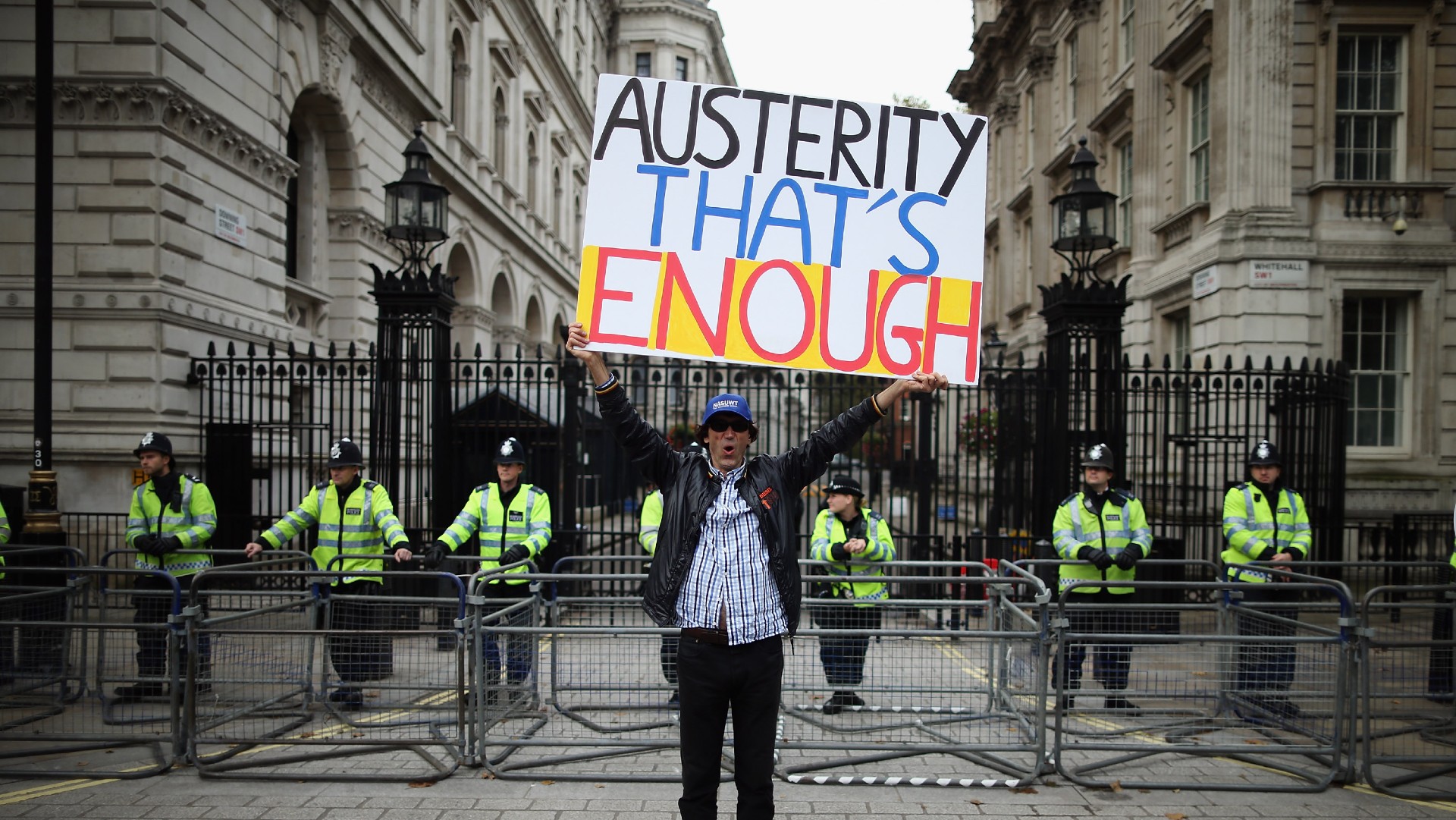 Do Tory tax cuts herald return of austerity?
Do Tory tax cuts herald return of austerity?Today's Big Question Chancellor U-turns on scrapping top rate tax but urges ministers to make public spending cuts
-
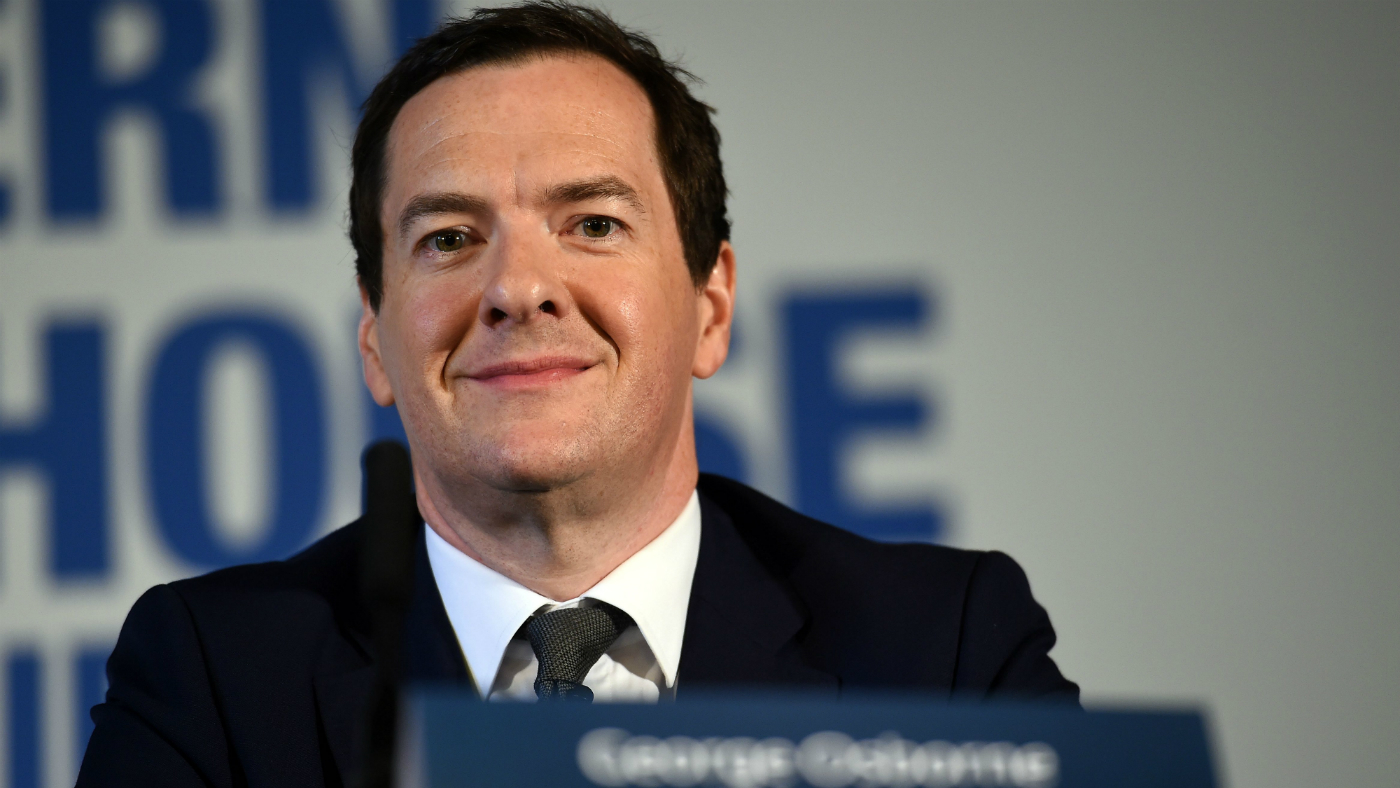 What is the Northern Powerhouse?
What is the Northern Powerhouse?In Depth George Osborne’s think tank was designed to devolve power and boost the North’s economic output
-
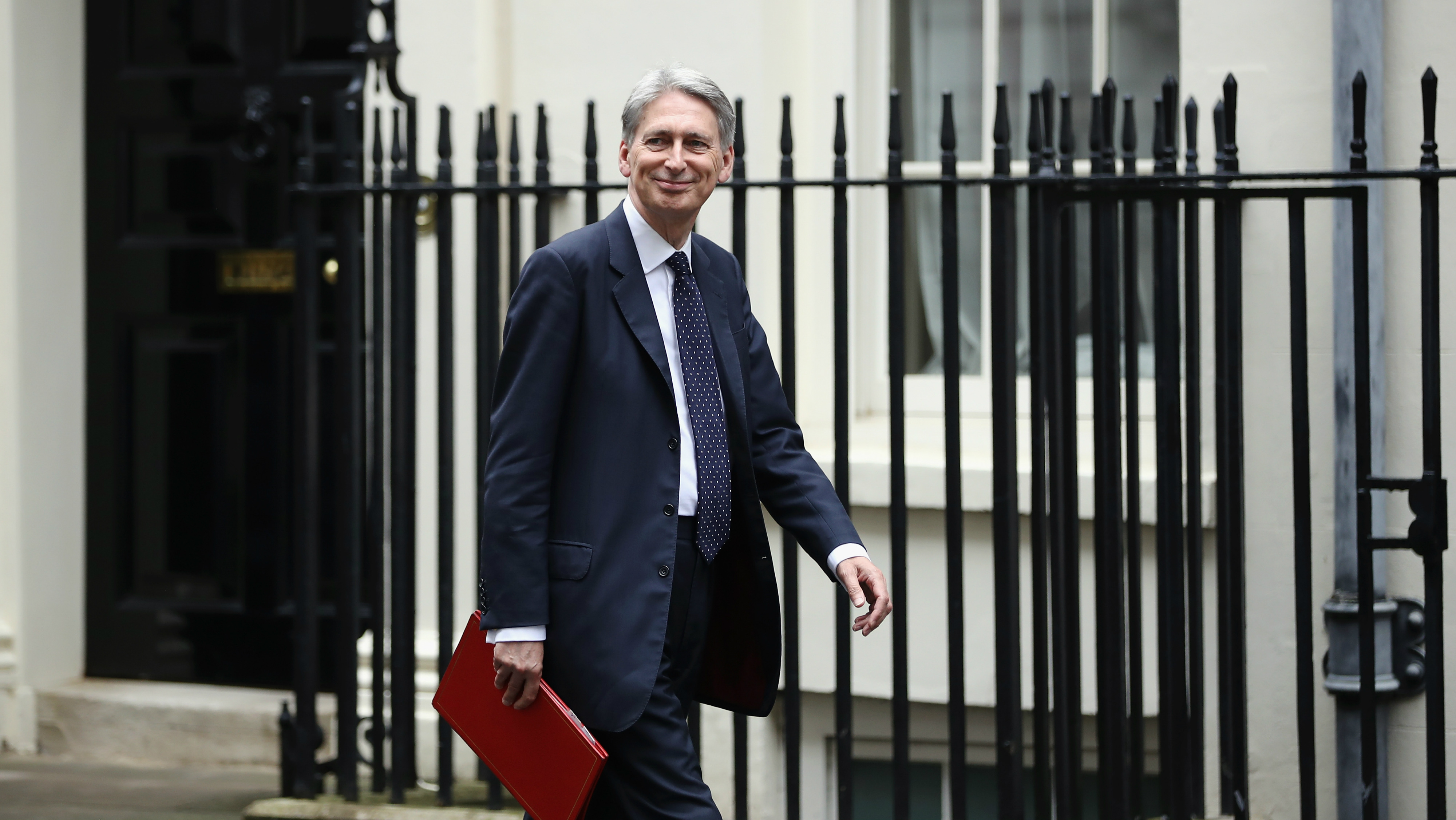 Hammond to announce departure from Osborne policies
Hammond to announce departure from Osborne policiesSpeed Read Chancellor to tell Tory conference 'we must change with the times' in move away from predecessor
-
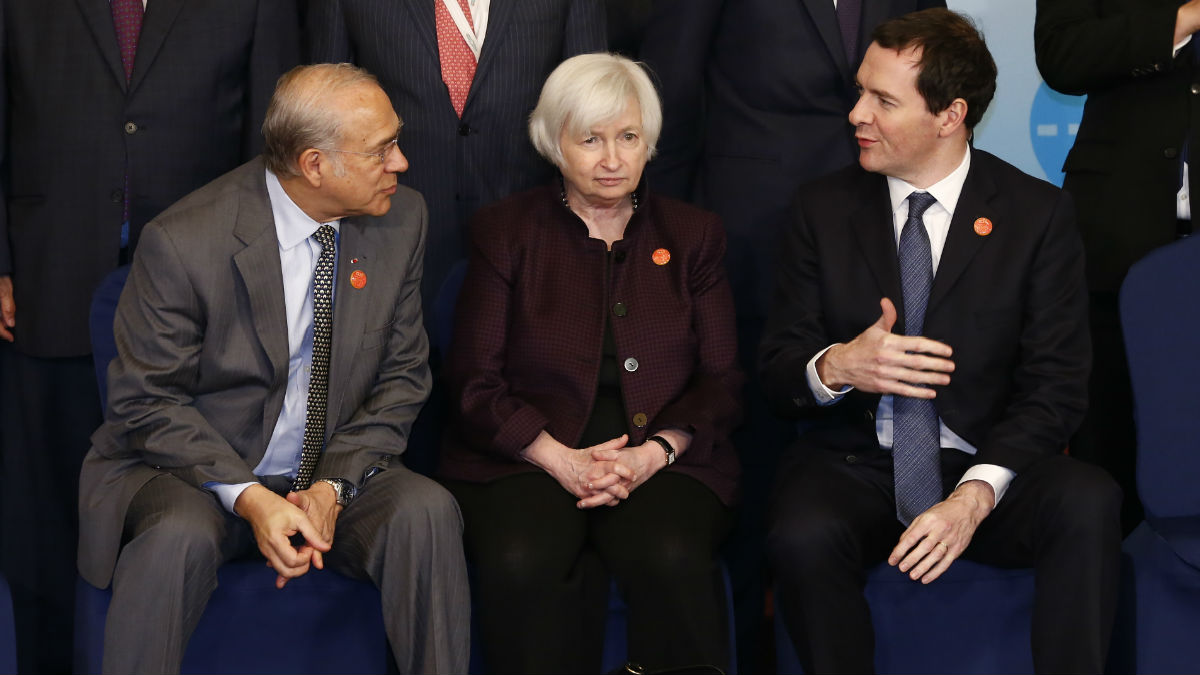 Budget 2016: is George Osborne about to make more cuts?
Budget 2016: is George Osborne about to make more cuts?In Depth Chancellor hints at further austerity measures during interview at G20 meeting in China
-
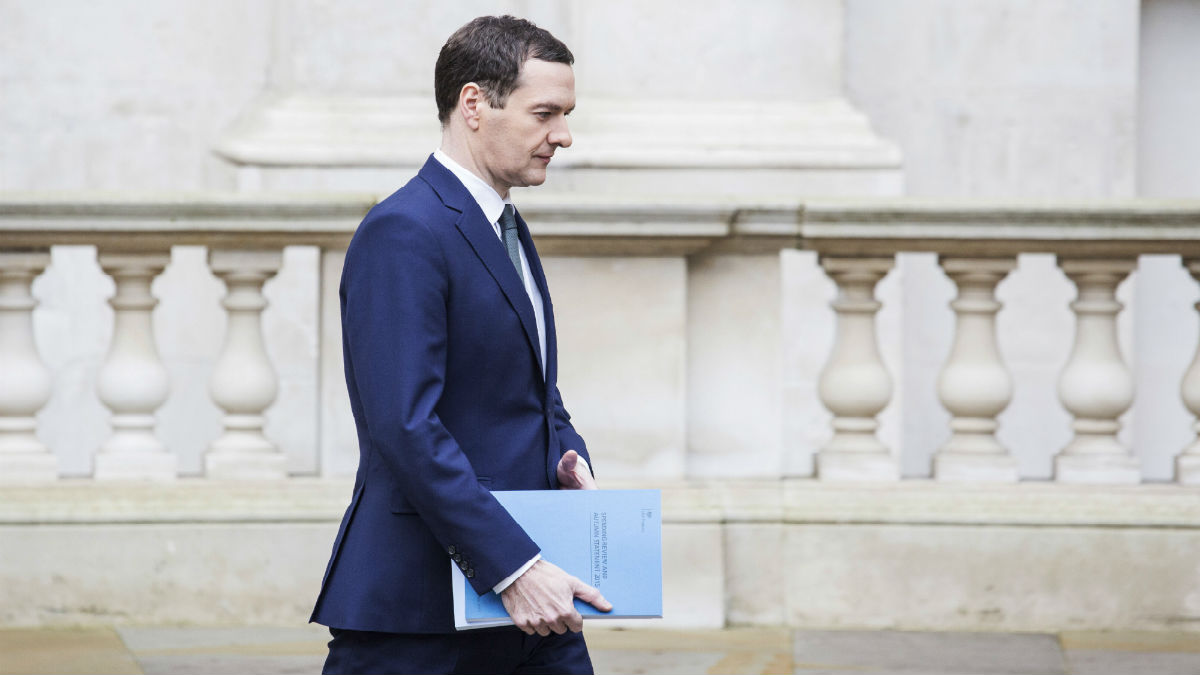 Budget 2016: 'We should all be worried', warns IFS
Budget 2016: 'We should all be worried', warns IFSIn Depth Leading think-tank criticises economic policies that will 'lower wages and living standards'
-
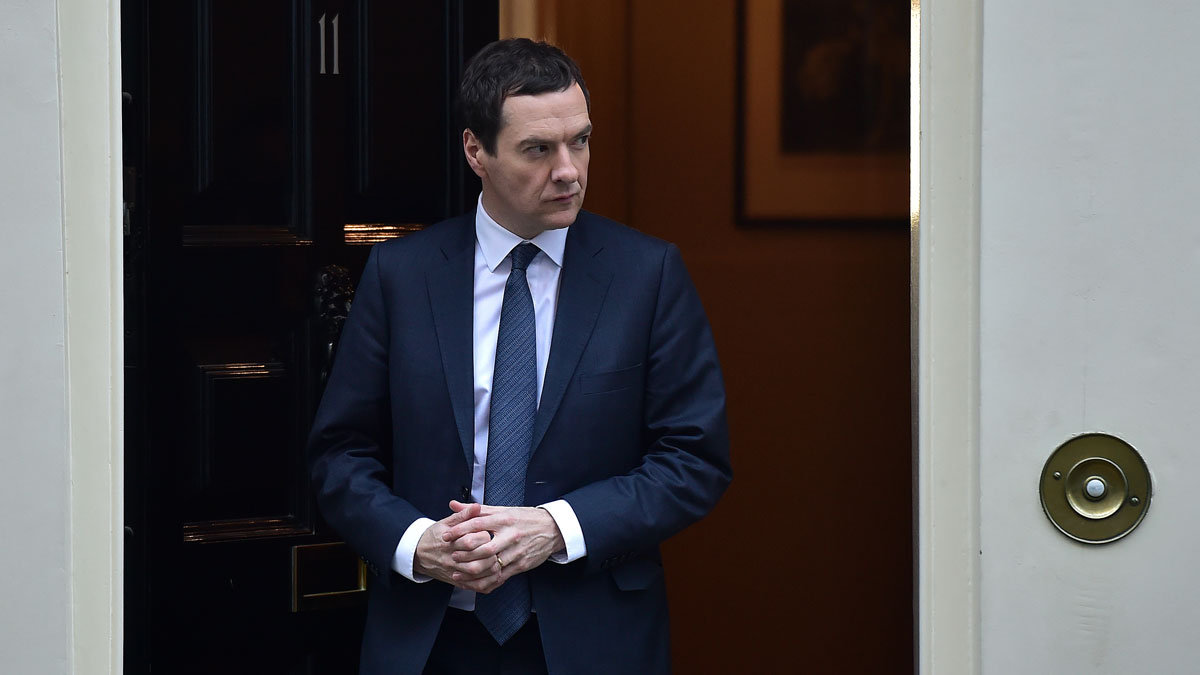 Budget 2016: Osborne in line for another £20bn+ windfall
Budget 2016: Osborne in line for another £20bn+ windfallSpeed Read Lower debt servicing costs could offset weaker tax revenues as a result of market turmoil
-
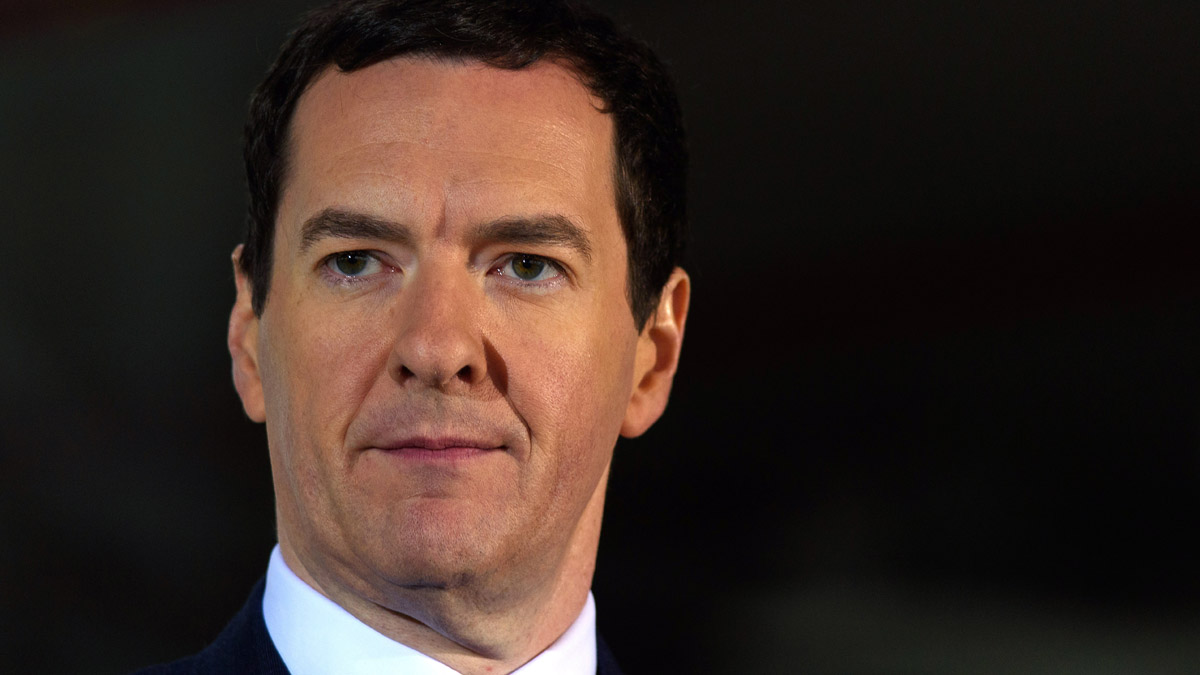 UK growth to surge in spite of global turmoil
UK growth to surge in spite of global turmoilSpeed Read Consumer spending will help country remain insulated from global trade headwinds, says forecaster
-
 Osborne makes fresh case for austerity in warning over 'cocktail' of risks
Osborne makes fresh case for austerity in warning over 'cocktail' of risksSpeed Read World Bank also sounds alarm over "perfect storm" of worldwide economic problems.